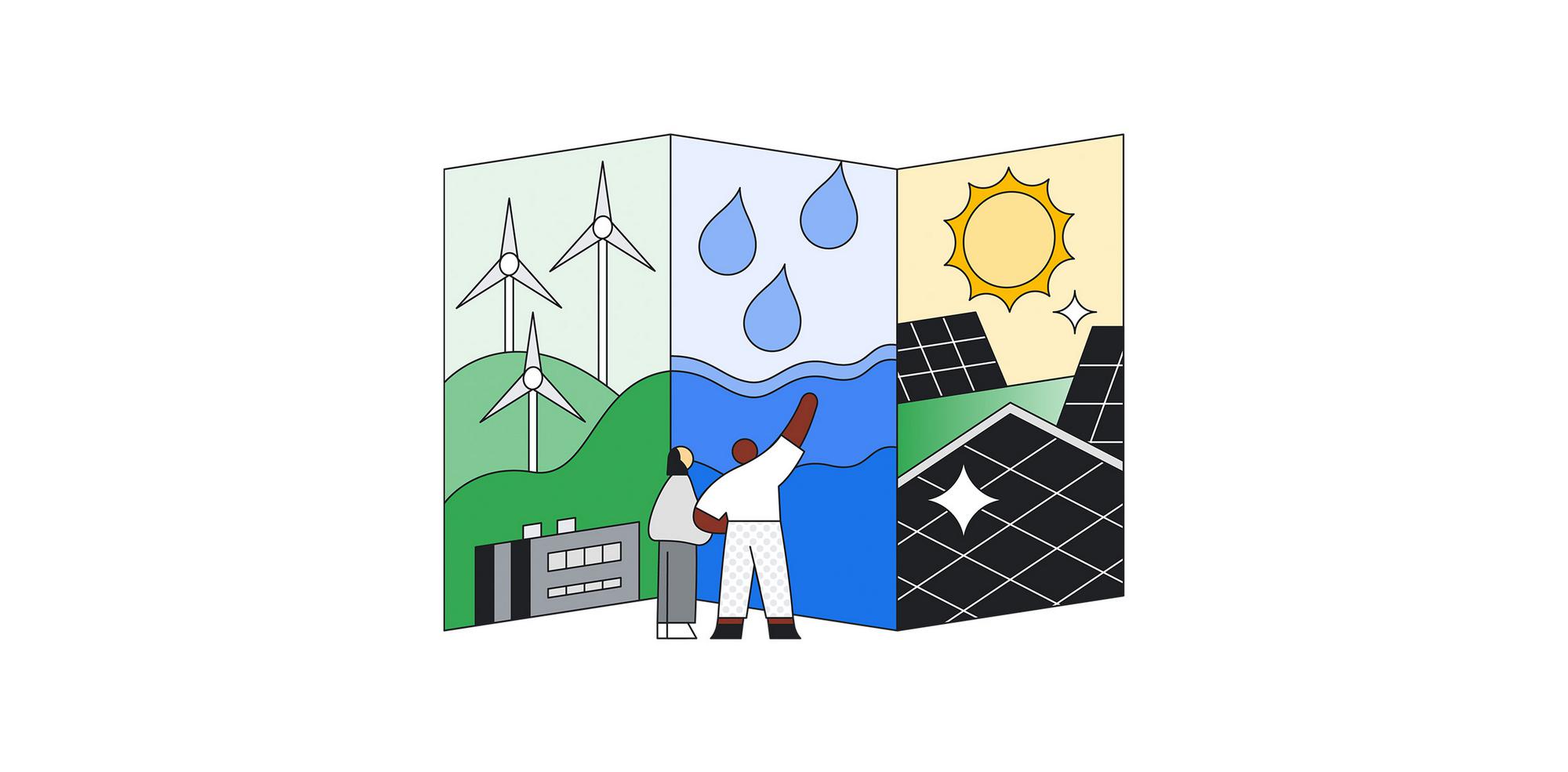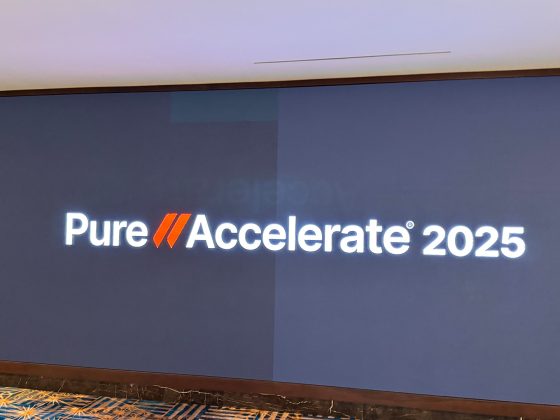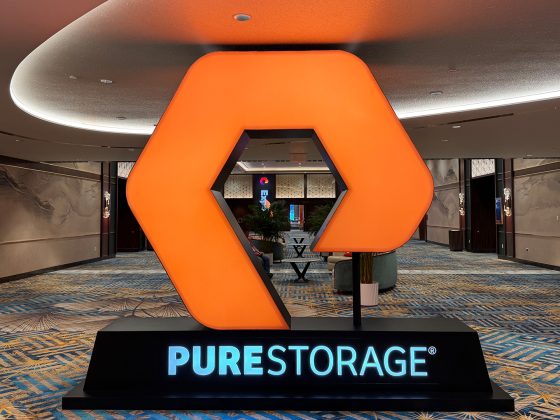Editor’s note: At Google Cloud we’re working with global organizations to help them use technology to build a more sustainable future. During the 2022 United Nations Climate Change Conference, or COP27, representatives from countries and organizations around the world — including Google Cloud — gathered in Sharm El-Sheikh, Egypt from November 7 – 18, 2022 for the latest round of climate talks. Check here for perspectives from onsite, thoughts from Google experts and customers, curated content and announcements. Or catch the event for yourself on Youtube.
Google’s vision for a cleaner, safer, more resilient world includes a clean grid. Decarbonizing the world’s electricity system is critical to fighting climate change but also to creating a better place for all of us to live, work, and play. When Google set the goal to operate on 24/7 Carbon-Free Energy (CFE), we also set a commitment to work in partnership, globally, to drive towards a future where every individual, corporation, city and nation could also operate on carbon-free energy every hour of every day. That’s why we’ve committed to forming partnerships and coalitions throughout the world. Only through collective action will we be able to build a cleaner future for all.
From our partners:
As COP27’s Energy Day comes to a close, we’re thrilled to see the launch of new partnerships that promise to grow the 24/7 CFE ecosystem, share learnings, and boost innovation to accelerate decarbonization of the world’s electricity grids.
The 24/7 CFE Compact, which we helped launch last year with Sustainable Energy for All (SEforALL) and UN-Energy, welcomed several new signatories during COP27, including C40, Xcel Energy, NUCOR, and Arup, joining a diverse global group of companies, governments, and nonprofits.
We heard from many of our fellow signatories during events hosted by SEforALL at the SDG7 Pavilion. AES and the Clean Air Task Force, two original signatories, spoke about the need for innovation in technology and procurement structures to achieve 24/7 CFE, such as the CFE manager model that we announced earlier this year. Google Chief Sustainability Officer Kate Brandt joined Scotland’s First Minister Nicola Sturgeon and C40 Managing Director of Regions and Mayoral Engagement Hastings Chikoko to discuss the importance of public-private partnerships in advancing this goal. Yesterday, signatories EDP and Engie spoke on the 24/7 CFE compact at an event hosted by SEforALL. Today, we were encouraged to see the 24/7 movement continue to gather momentum during an event hosted by compact signatory NEI, in which The White House’s Council on Environmental Quality announced a Memorandum of Understanding between the U.S. General Services Administration and Entergy Arkansas for the first 100% 24/7 green tariff.
While all the signatories will have a role to play in accelerating decarbonization, we’re particularly excited to work with C40 in supporting the world’s largest cities on their path to decarbonization. Together, we launched the 24/7 CFE for Cities program, which will help cities from around the world start on their journey to 24/7 CFE. The first cities in the program include Paris, London, and Copenhagen, each of which will advance specific pilot projects to support the transition to around-the-clock carbon-free electricity. This week, we announced that the program will soon expand into Africa with the support of Google.org.
We’ve also seen further academic validation of 24/7 CFE as a decarbonization approach. The International Energy Agency (IEA), the world’s leading global authority on energy issues, released a new report that explores how corporate clean electricity procurement can accelerate the transition to decarbonizing electricity systems. By modeling electricity systems in India and Indonesia, the IEA found that hourly procurement reduces carbon emissions more than annual matching, while delivering the full portfolio of technologies needed to decarbonize the entire power sector. This is consistent with other recent modeling of 24/7 CFE conducted by Princeton University and Technical University of Berlin.
The IEA report also offers a comprehensive overview of clean-energy procurement options, with detailed case studies of the procurement policy and regulatory barriers in various countries, including many in Asia Pacific. This region has historically lagged behind the US and Europe in corporate clean energy purchasing, but that could change with the Asia Clean Energy Coalition (ACEC) launched at COP27, that Google has helped establish over the past year. ACEC will convene a coalition of influential clean energy buyers in Asia, in collaboration with sellers and financiers, to work with governments to expand opportunities for clean energy purchasing and accelerate investments in clean energy that can support national decarbonization goals in the region.
This work is much bigger than any one company, and we must all work together to enable 24/7 CFE for everyone. We are hopeful to see so many of our partners working together and look forward to seeing these partnerships continue to grow across the world.
To learn more about 24/7 CFE and how decarbonizing energy grids can help make the rest of the green energy transition easier, check out this Project Syndicate op-ed by Google Chief Sustainability Officer Kate Brandt and SEforALL CEO Damilola Ogunbiyi.
By: Jessica Reinhardt (Global Energy Market Development and Policy, Google) and Caroline Golin, PhD (Global Head of Energy Market Development and Policy, Google)
Source: Google Cloud Blog
For enquiries, product placements, sponsorships, and collaborations, connect with us at [email protected]. We'd love to hear from you!
Our humans need coffee too! Your support is highly appreciated, thank you!



